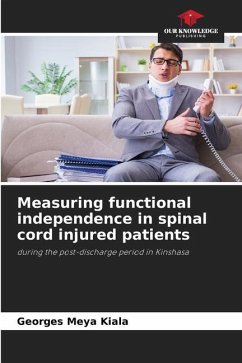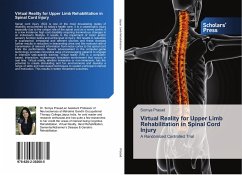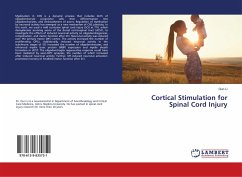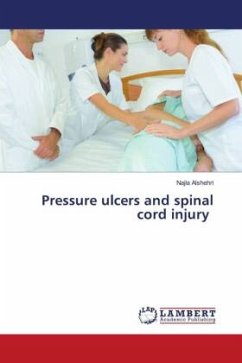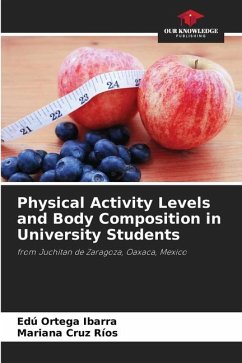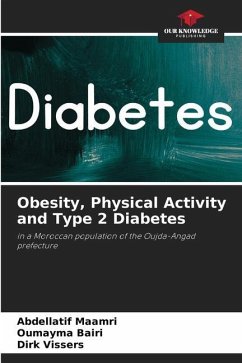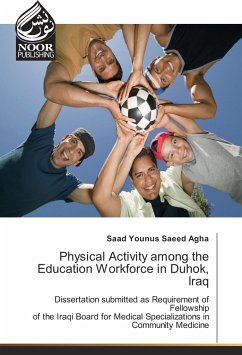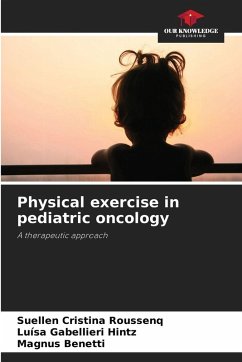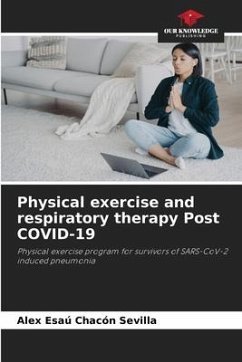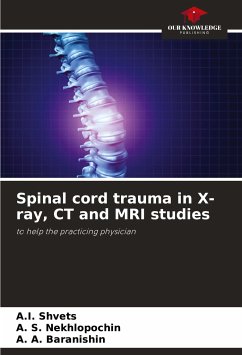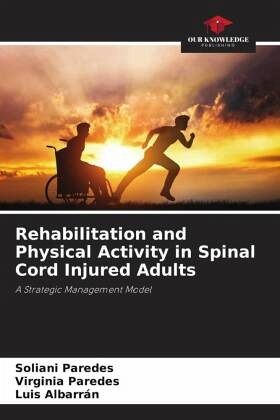
Rehabilitation and Physical Activity in Spinal Cord Injured Adults
A Strategic Management Model
Versandkostenfrei!
Versandfertig in 6-10 Tagen
36,99 €
inkl. MwSt.

PAYBACK Punkte
18 °P sammeln!
The purpose of this book will be to build a strategic management model for rehabilitation through physical activity in adults with spinal cord injury. It is developed based on the qualitative methodology within the interpretative paradigm supported by the hermeneutic method, oriented in the Ontological, Epistemological and Methodological planes centered on the postulates of the theory of Complexity proposed by Morin (2001), the theory of Stigma by Goffman (2006) and the theory of Planning Management proposed by Ander-Egg (2006); because it will be known how the processes are interpreted in the...
The purpose of this book will be to build a strategic management model for rehabilitation through physical activity in adults with spinal cord injury. It is developed based on the qualitative methodology within the interpretative paradigm supported by the hermeneutic method, oriented in the Ontological, Epistemological and Methodological planes centered on the postulates of the theory of Complexity proposed by Morin (2001), the theory of Stigma by Goffman (2006) and the theory of Planning Management proposed by Ander-Egg (2006); because it will be known how the processes are interpreted in the rehabilitation and physical activity of adults with spinal cord injury. Following Dilthey's hermeneutic circle model, where thought goes from the whole to the parts and from the parts to the whole, then the triangulation of the various sources will be carried out, from whose analysis the findings of the strategic management model will emerge through physical activity and rehabilitation of adults with spinal cord injury.



